Lehigh’s COVID-19 Response Team is planning for a spring semester that looks similar to this fall regarding COVID-19 related restrictions and policies.
Mask requirements and limits on the size of indoor gatherings will persist when the university convenes in mid-January, the CRT announced in an email to the campus community.
“At this point, in terms of policies and restrictions, we’re not looking to have any significant changes, certainly not at the beginning of the semester,” said Provost Nathan Urban, a member of the CRT.
The email said the university will not require pre-arrival testing before the start of the spring semester, but once on campus, the team anticipates mandatory surveillance testing.
Other than Lafayette College, which has lifted masking requirements for residence halls and certain office spaces, Urban said he is not aware of universities relaxing their masking requirements.
Some COVID-19 restrictions remain in-flux with the emergence of the Omicron variant. The email to the community advised against non-essential travel and said much is still unknown about the variant, but that it has been detected in Pennsylvania
“Decisions are made in an ongoing manner,” Director of Media Relations Lori Friedman said in an email. “Given how quickly things change, we can’t make decisions about what to do in January until we know what is happening with virus spread and with state and federal guidance in January.”
Friendman said the CRT makes decisions by taking into account local transmission rates, campus transmission rates, CDC and Pennsylvania Department of Health guidance, regional hospitalization rates and testing capacity.
Urban said while the team used to meet daily, it does not anymore.
The team implemented the mask mandate when the CDC recommended all areas with case rates greater than 50 cases per 100,000 people adopt a mask-wearing policy, Friedman said.
Northampton County is currently above this threshold at 86 cases per 100,000.
“While this is not the only factor that we will consider, it is an important one,” Friedman said.
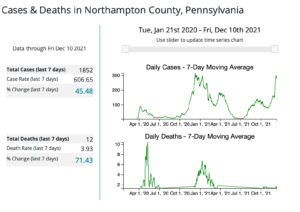
The CDC labeled Northampton County’s level of COVID-19 transmission as high. The case count has gone up in recent months, but the COVID-19 death statistics remain low. (Courtesy of CDC)
Visiting math professor Michael Boldin said he would not feel uncomfortable speaking to students without a mask, but he understands the rule.
“I would guess its better if students wear masks in the classroom because some students might be uncomfortable,” he said. “I would hate to have to mediate that issue.”
As of Nov. 29, the CDC began recommending the COVID-19 booster shot for all individuals who were fully vaccinated six months prior, or two months prior for those receiving the Johnson & Johnson vaccine.
“It is certainly possible a booster will be mandatory,” Friedman said. “If we announce a shift, we will give adequate notice to allow people time to schedule and get their vaccination.”
Urban said this would not be a possibility for the start of next semester given the timeline, but it could be implemented at a later point. He said he has gotten his COVID-19 vaccine booster shot.
Urban said if boosters prove to be critical for protection against the Omicron variant, the university may move to require them sooner rather than later.
Sherief Elrafei, ‘24, said if mandating the booster shot means getting back to normal, then he supports it.
“Obviously, I would hope the restrictions would become less,” Elrafei said. “But with this new strain that I hear is coming, it may not. Honestly, whatever they decide. I don’t really care. I would personally be comfortable with anything.”

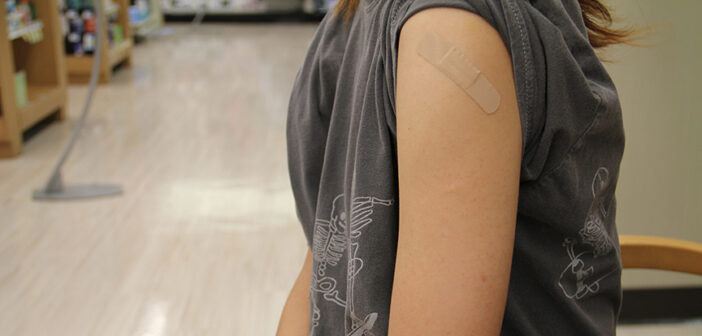

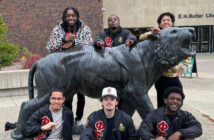
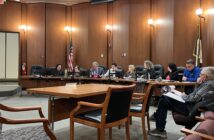
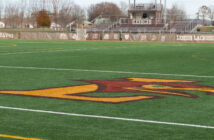
Comment policy
Comments posted to The Brown and White website are reviewed by a moderator before being approved. Incendiary speech or harassing language, including comments targeted at individuals, may be deemed unacceptable and not published. Spam and other soliciting will also be declined.
The Brown and White also reserves the right to not publish entirely anonymous comments.